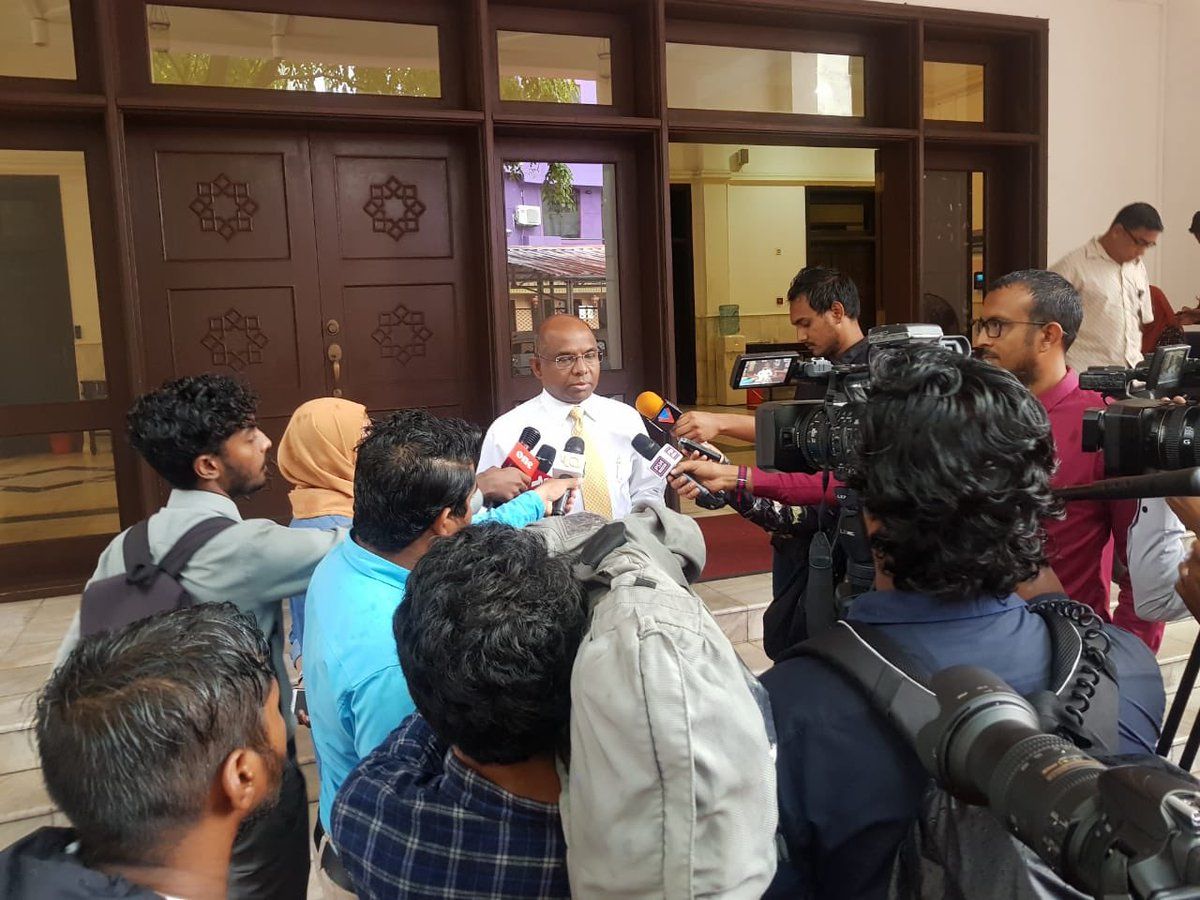MPs back repeal of anti-defamation law
The widely-condemned law introduced hefty fines and jail terms for journalists.

12 Nov 2018, 09:00
A majority of lawmakers backed Monday a bill to repeal the draconian anti-defamation law as pledged by president-elect Ibrahim Mohamed Solih.
After a debate, MPs voted 48-17 with two abstentions to accept the bill. It was sent to a committee for review before a final vote.
The repeal legislation was submitted in the wake of the joint opposition candidate’s decisive victory over President Abdulla Yameen in September’s election.
Enacted in August 2016, the widely-condemned law criminalised defamation and introduced hefty fines and jail terms for journalists and individuals found guilty of slander. It was used by the broadcasting regulator to slap fines worth MVR3.7 million (US$240,000) on the opposition-aligned Raajje TV, mostly for airing speeches deemed defamatory towards President Yameen.
Become a member
Get full access to our archive and personalise your experience.
Already a member?
Discussion
No comments yet. Be the first to share your thoughts!
No comments yet. Be the first to join the conversation!
Join the Conversation
Sign in to share your thoughts under an alias and take part in the discussion. Independent journalism thrives on open, respectful debate — your voice matters.




